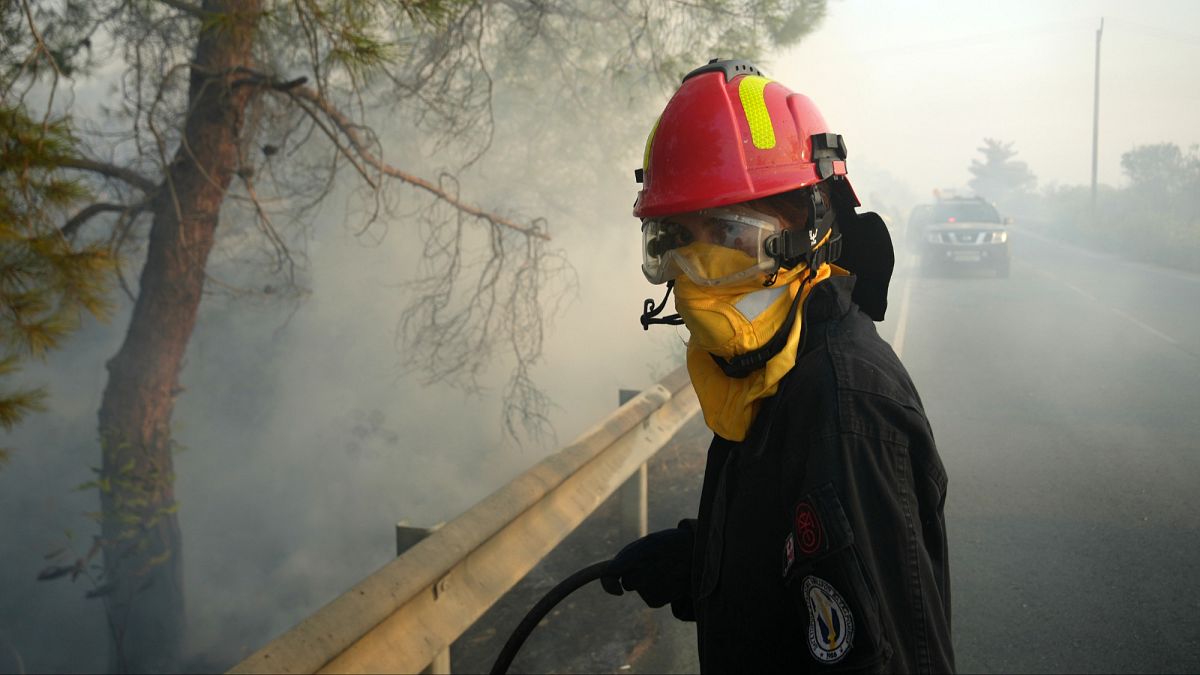

As the world experiences an array of climate-related challenges, spanning from intense wildfires in Cyprus to a historic climate ruling by the International Court of Justice (ICJ), the need for adaptive strategies and proactive measures becomes increasingly apparent. In addition to these developments, Europe and the United States are also encountering extreme weather conditions, highlighting the global scope of climate impacts.
The Mediterranean island of Cyprus has seen its natural landscapes transformed by devastating wildfires. Although these severe blazes have been brought under control, the aftermath paints a somber picture. The loss of an elderly couple in this tragedy underscores the human cost of such disasters. Efforts are now focused on recovery, with electricity being carefully restored to the affected areas while the community mourns those lost and begins to rebuild.
Elsewhere, the ICJ’s milestone ruling on climate responsibility marks a significant development in international environmental law. This advisory opinion now outlines clear duties for states regarding climate action, potentially paving the way for legal claims and prompting stronger climate commitments worldwide. This pioneering decision signals a shift toward holding nations accountable for their environmental footprints and addressing the global crisis with urgency.
Meanwhile, in Rome, the relentless summer sun adds another layer of difficulty to the lives of residents and tourists alike. With temperatures climbing into the high 30s Celsius, the city’s ancient streets become challenging to navigate. Visitors, armed with fans and water bottles, attempt to explore historic landmarks, seeking shade wherever possible. This heatwave not only tests the resilience of daily routines but also emphasizes the broader implications of rising global temperatures on travel and infrastructure.
Across the Atlantic, a formidable heat dome has descended upon the northeastern United States, affecting over 100 million people. The sweltering conditions, characterized by significantly higher than average temperatures, exacerbate the risk of heat-related illnesses. From Portland, Maine, to Wilmington, North Carolina, communities are under heat advisories, urging residents to take precautions against heat exhaustion. This phenomenon highlights the critical need for preparedness and adaptation strategies in the face of extreme weather events.
These varied scenarios, though geographically disparate, share a common narrative of resilience and adaptation amid escalating climate pressures. While each region confronts its unique challenges—with Cyprus focusing on recovery, the ICJ fostering legal accountability, Rome adapting to heat, and the U.S. contending with a broad heatwave—the underlying threat of climate change necessitates a unified global approach. Communities worldwide are tasked with collaboratively building more sustainable and resilient futures as they navigate these ongoing environmental transformations.
Source: {link}
